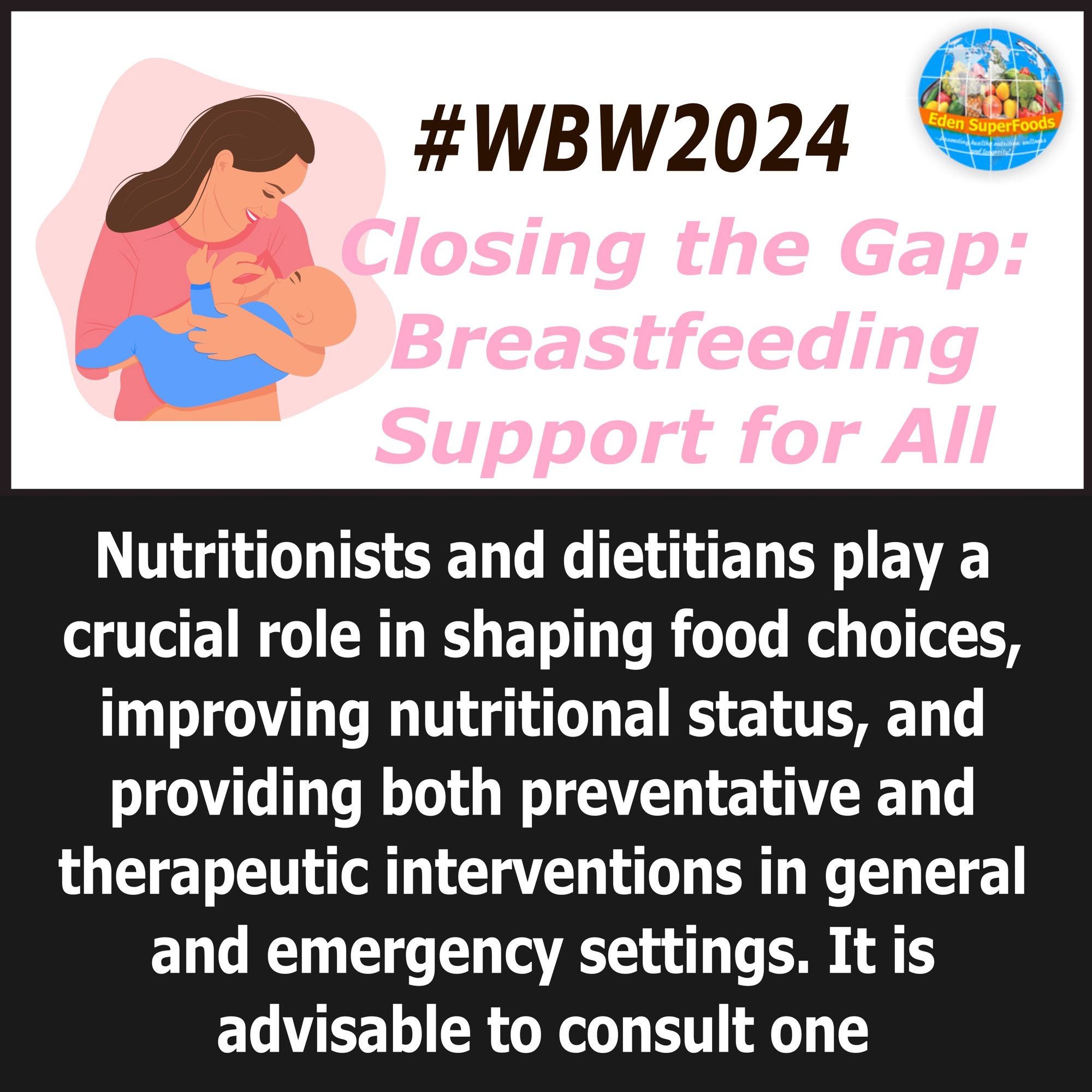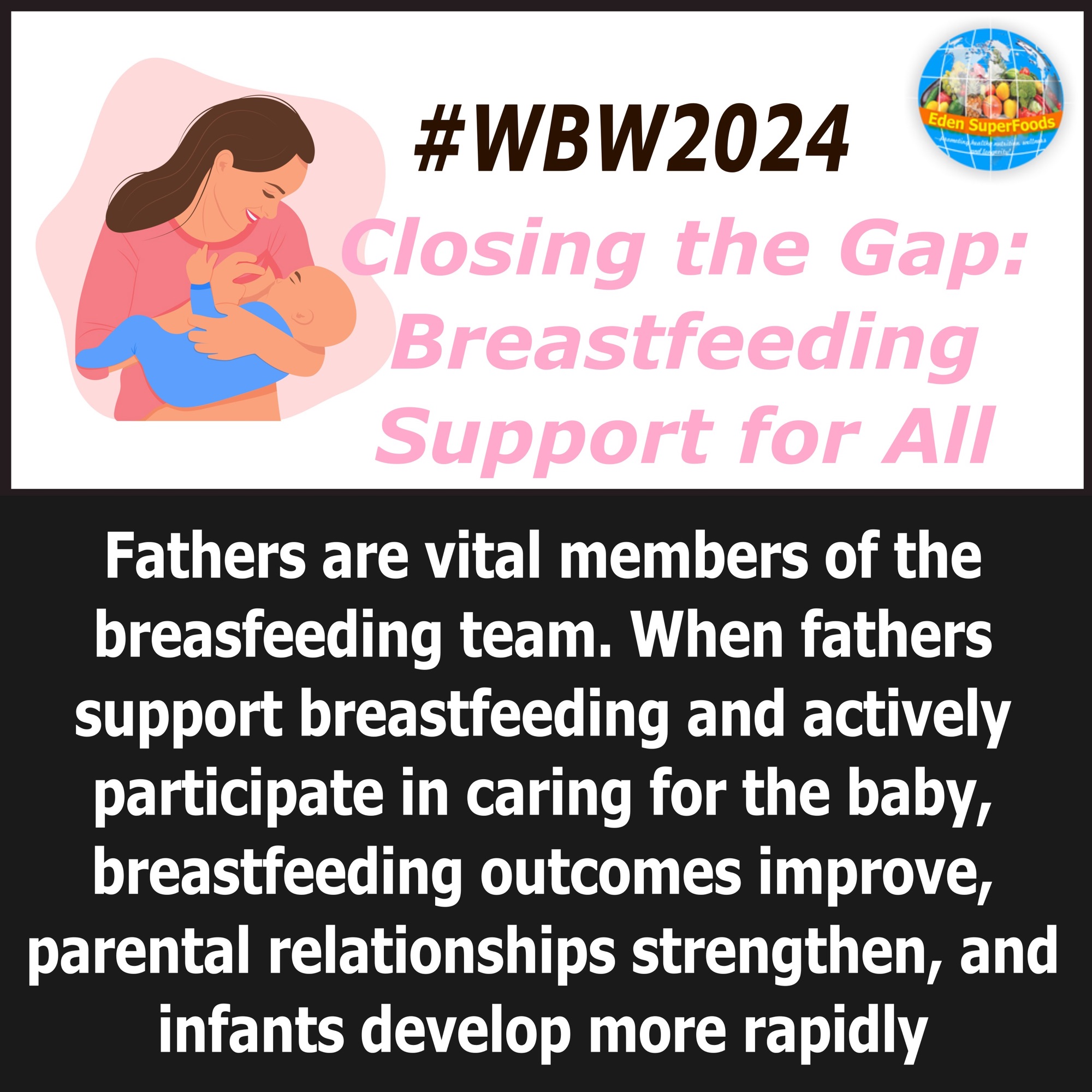Salt chemically contains about 61% chlorine and 39% Sodium. Both elements have their distinct role in keeping the body functioning properly. Sodium enhances the transmission of nerve impulses around the body, helps muscles contract and regulate electrical charges in and out of the cell. On the other hand, chloride is used by the body to produce hydrochloric Acid (HCl), for digestion in the stomach. It also aids Potassium absorption.

Hypernatremia occurs when there is too much sodium in the blood. This results in fluid shift and build-up of fluid in the organs such as the brain and lungs which can damage the body system. Symptoms include vomiting, weakness nausea, kidney damage etc. An abnormally low amount of sodium in the blood is called hyponatremia
To maintain sodium levels in the body, moderation is key in salt consumption and other foods that contain sodium. Only 5g of salt is recommended per day. This is approximately 1.97g/day (< 2g) of sodium daily.





